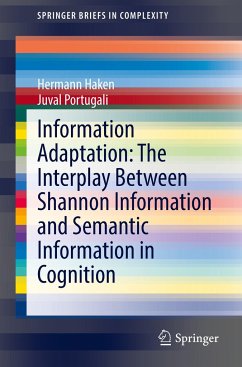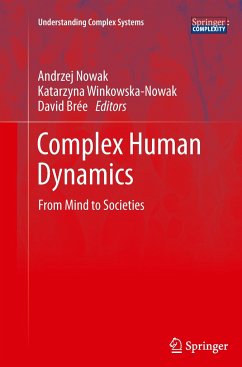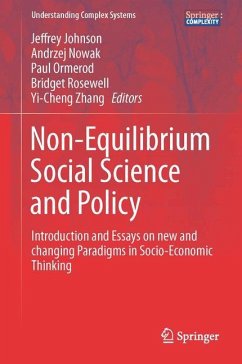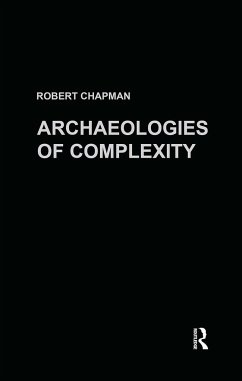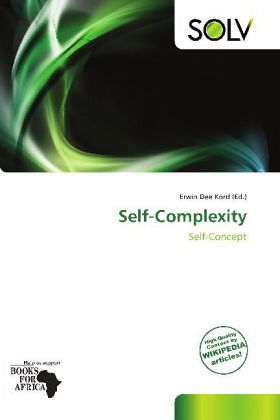
Self-Complexity
Self-Concept
Herausgegeben: Dee Kord, Erwin
Versandkostenfrei!
Versandfertig in 6-10 Tagen
30,99 €
inkl. MwSt.

PAYBACK Punkte
15 °P sammeln!
Please note that the content of this book primarily consists of articles available from Wikipedia or other free sources online. Self-complexity (SC) is a term that refers to a person s perceived knowledge of himself or herself, based upon the number of distinct cognitive structures, or self-aspects, they believe themselves to possess. These self-aspects can include context-dependent social roles, relationships, activities, superordinate traits, and goals of the individual, which combine to form the larger, associative network of their self-concept. According to self-complexity theory, an indiv...
Please note that the content of this book primarily consists of articles available from Wikipedia or other free sources online. Self-complexity (SC) is a term that refers to a person s perceived knowledge of himself or herself, based upon the number of distinct cognitive structures, or self-aspects, they believe themselves to possess. These self-aspects can include context-dependent social roles, relationships, activities, superordinate traits, and goals of the individual, which combine to form the larger, associative network of their self-concept. According to self-complexity theory, an individual who has a number of self-aspects that are unique in their attributes will have greater self-complexity than one who has only a few self-aspects, or whose self-aspects are closely associated to one another. In other words, self-complexity may invoke the question, How full is the self-concept ?




